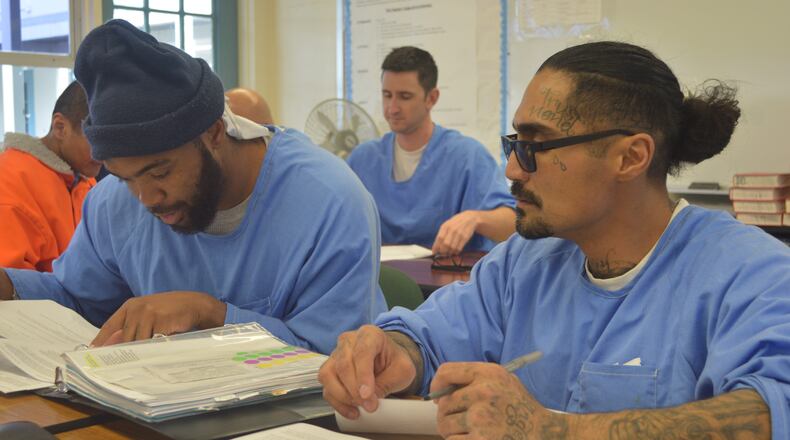For many racial and ethnic minorities, the criminal justice system — police, courts and correctional institutions — symbolizes inequality and injustice.
The “War on Drugs” campaign and “stop and frisk” policy play a major part in shaping this belief, especially after considering their unequal impact on generations of racial and ethnic groups — particularly African Americans.
The criminal justice system has historically over-criminalized minorities while failing to prioritize rehabilitation or build public trust among all races. Today, race remains the elephant in the room.
Currently, the United States has the largest criminal justice system in the world. We have nearly 9 million people incarcerated or under correctional supervision and control.
According to the Pew Research Center, nearly 60 percent of the 9 million are minorities, despite being only a third of the country’s population.
Additionally, African Americans — 13 percent of the nation’s population — are incarcerated six times more often than whites and twice as often as Hispanics.
Widespread discussion has occurred concerning the primary causes for the racial disparity in incarceration rates. Yet, many agree systemic racism is at the root. Systemic racism is generally defined as a system or process with procedures which disadvantage, burden or oppress racial and ethnic minorities.
Systemic racism has been consistently identified in voter disenfranchisement laws, housing practices, the health care industry and employment opportunities, just to name a few. The criminal justice system is no exception. Racial profiling, excessive or unnecessary use of force, unreasonable bond and sentencing disparity are trending examples. While much has been done in the war of equality, recent protests and civil unrest has highlighted the need for more reform efforts.
Criminal justice reform can only be achieved by acknowledging the existence of racism. Change will not happen without collectively and actively engaging in uncomfortable dialogue with those who possess different experiences and opinions. Expression and consideration of diverse thought ensures all sides are contributors allowing the healing process to begin.
Individuals must also be civilly engaged with organizations and initiatives that practice and promote racial equality and fairness for all. Relationships between the police, courts and public must be strengthened to ensure practices and policies are fairly constructed and applied.
Lastly, vote.
Racism is not an issue of partisanship, but rather morality.
To paraphrase the late Rev. Martin Luther King Jr., our lives effectively end the moment we refuse to take a stand for what is true and just.
This applies to everyone equally.
Voters need to be informed about the candidates so they can select those who encourage racial equality while also being able to hold them accountable.
Many successful reforms have started in the streets and led to accountability at the ballot box.
Criminal justice reform should follow suit.
About the Author

